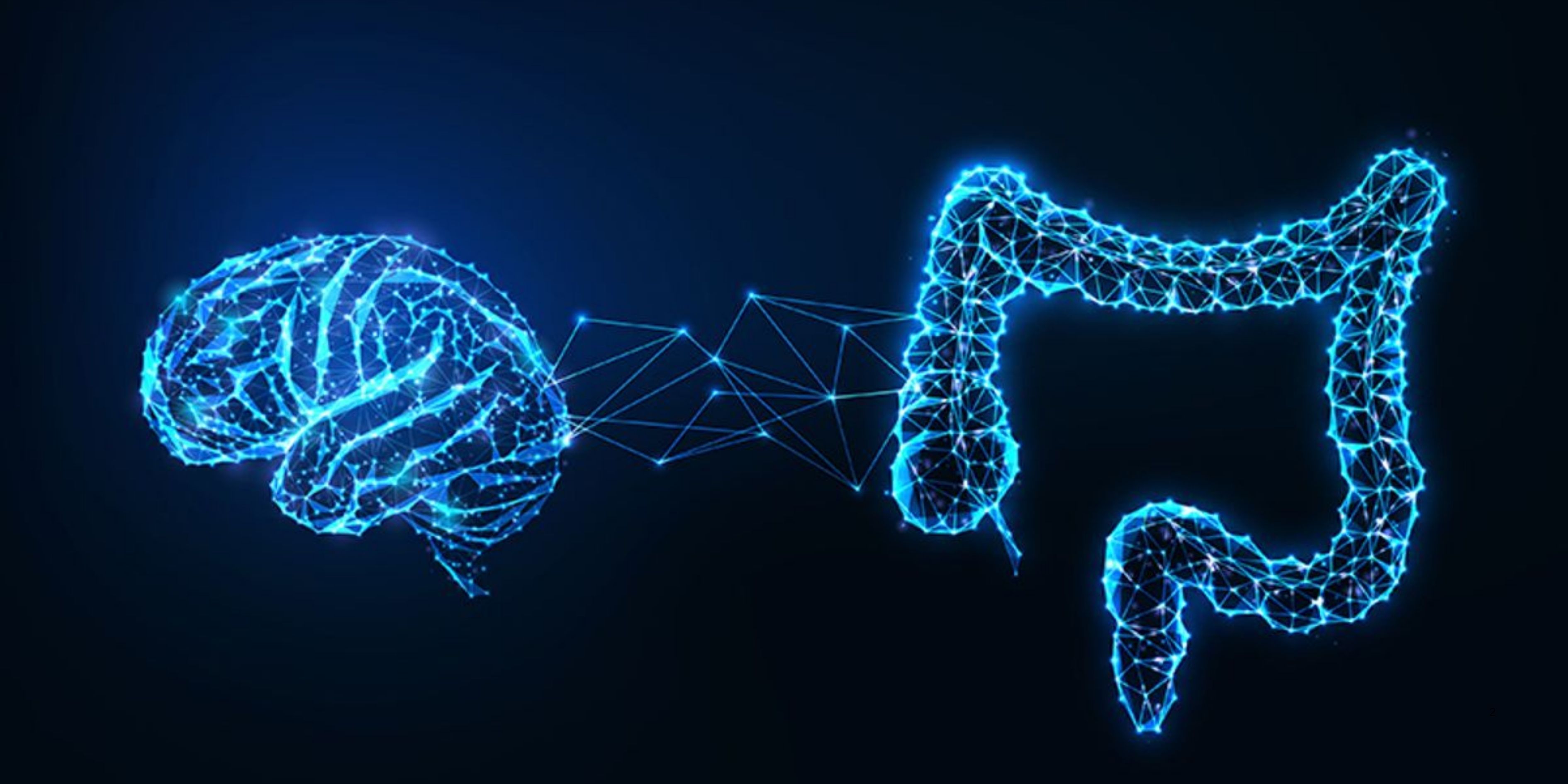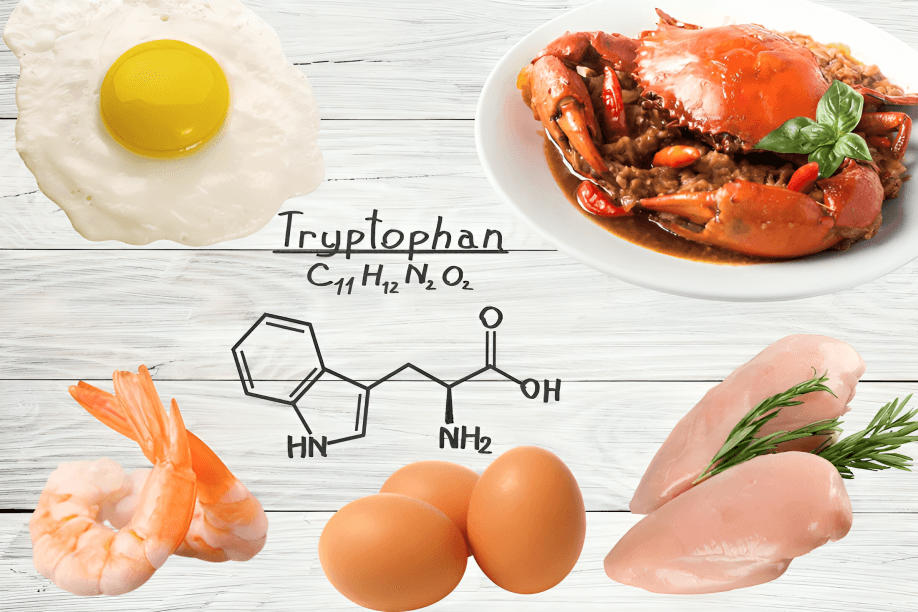
“
The gut-brain connection refers to the powerful, two-way communication between the digestive system and the brain, deeply influencing emotional balance, mental clarity, and mood. Recent studies show how diet not only fuels our bodies but also plays a direct role in mental health.1
1
”
Dr. Michael Gershon, a neurogastroenterologist, found that over 90% of serotonin is made in the gut, revealing how digestion profoundly influences emotions, stress levels, and overall brain activity. 1
The gut is lined with neurons that communicate directly with the brain via the vagus nerve, enabling constant updates between digestion and mental state, even before we consciously sense discomfort or calm. 2

Eating fermented foods like kimchi and yogurt enhances gut flora diversity, increasing the production of feel-good chemicals that reduce anxiety and support a more balanced emotional response to daily stress.
Gut microbes help break down dietary fibers into short-chain fatty acids that reduce inflammation in the brain and support healthy neural function, which is vital for clear thinking and emotional stability. 3
Leafy greens, whole grains, and prebiotics help stimulate good gut bacteria growth, which in turn enhances the production of brain-friendly chemicals, positively affecting our concentration, mood, and sleep cycles. 4
The gut-brain axis begins forming even before birth, and early exposure to a healthy maternal diet can influence a baby’s future mental resilience and emotional development through gut microbiome programming. 5
The Mediterranean diet, rich in olive oil, fish, fruits, and vegetables, has been proven to reduce depression risks by supporting a balanced gut environment and lowering inflammation in both gut and brain. 6
Your gut microbes produce neurotransmitters such as dopamine, GABA, and serotonin, which are crucial for motivation, calming the nervous system, and regulating emotional responses to daily life experiences. 7
Studies have shown that people with depression often have less microbial diversity in their intestines, indicating a strong link between gut health imbalances and low mood or increased anxiety levels. 8
Antibiotics can wipe out large portions of gut bacteria, reducing the body’s ability to synthesize mood-related neurotransmitters, leading to a temporary drop in energy, emotional balance, and cognitive function. 9

Tryptophan, an amino acid found in eggs, turkey, and bananas, is processed by gut bacteria into serotonin, emphasizing how diet contributes directly to neurotransmitter production and emotional regulation.
Intestinal permeability, known as “leaky gut,” may allow toxins into the bloodstream, leading to systemic inflammation that affects brain health and has been linked to brain fog and mood instability. 10
The bidirectional gut-brain loop includes hormonal signals, immune responses, and chemical messaging, making diet a crucial intervention point for mental health, especially in managing chronic stress. 11
Spices like turmeric and ginger have anti-inflammatory and antioxidant properties that support both digestive comfort and a more stable mood by preventing inflammatory molecules from disrupting brain signaling. 12

Dark chocolate contains polyphenols that feed beneficial gut bacteria, which then influence brain function by boosting focus and memory and even triggering mild euphoric effects via neurotransmitter regulation.
Probiotics, often found in kefir, sauerkraut, and supplements, help restore a healthy gut balance, which in turn has shown improvements in sleep quality, mood regulation, and overall mental energy in studies. 13
Researchers have discovered that gut microbes can influence how we respond to fear and reward, indicating their role in shaping our personality, decision-making patterns, and emotional resilience under pressure. 14
Brain-derived neurotrophic factor (BDNF), essential for learning and memory, can be enhanced by gut-friendly diets, further supporting the concept that nutritional habits affect brain plasticity and emotional growth. 15
Stress can reduce stomach acid and slow digestion, which in turn affects microbial balance and reduces the gut’s ability to signal mental clarity, leading to feelings of fatigue or irritability over time. 16
Ancient Greek physician Hippocrates once stated, “All disease begins in the gut,” a view echoed today by modern research revealing how deeply gut conditions affect the mind, emotions, and psychological well-being. 17


